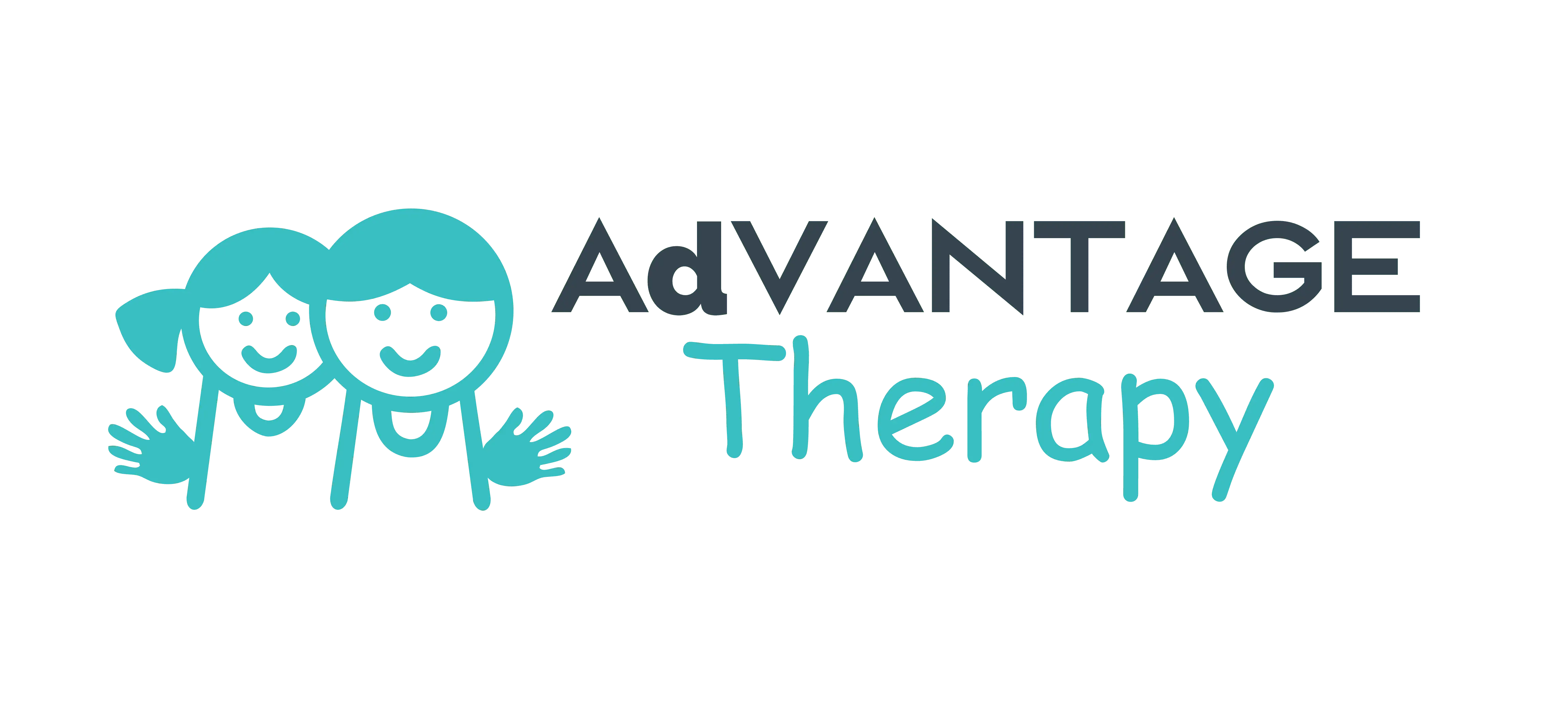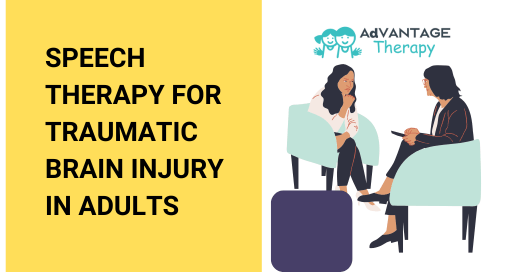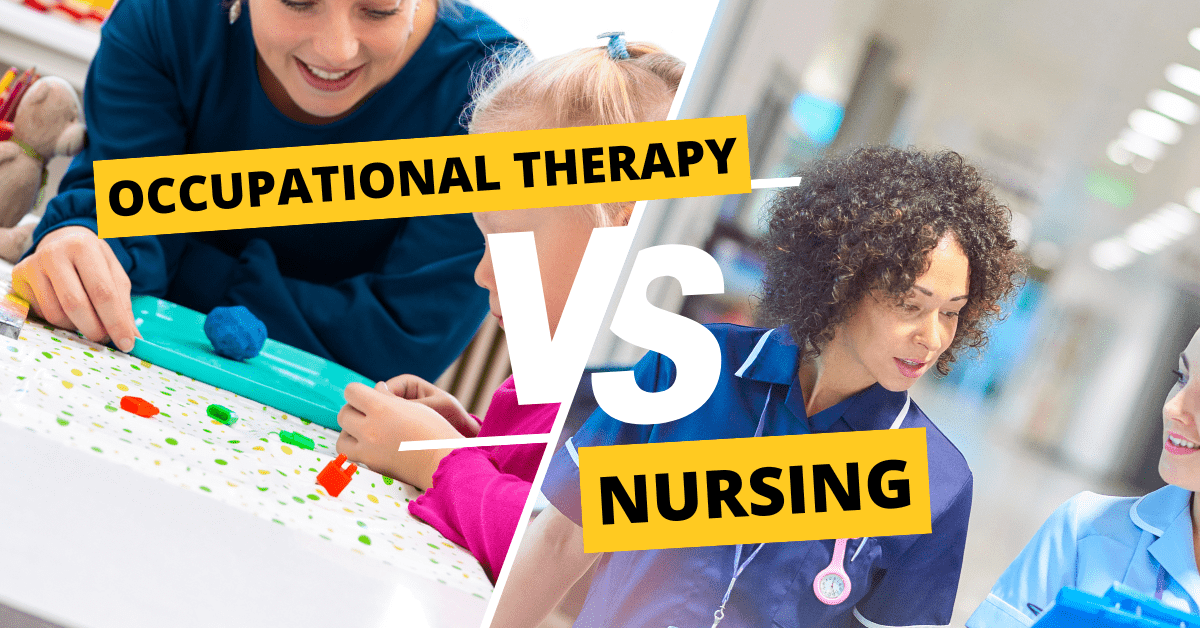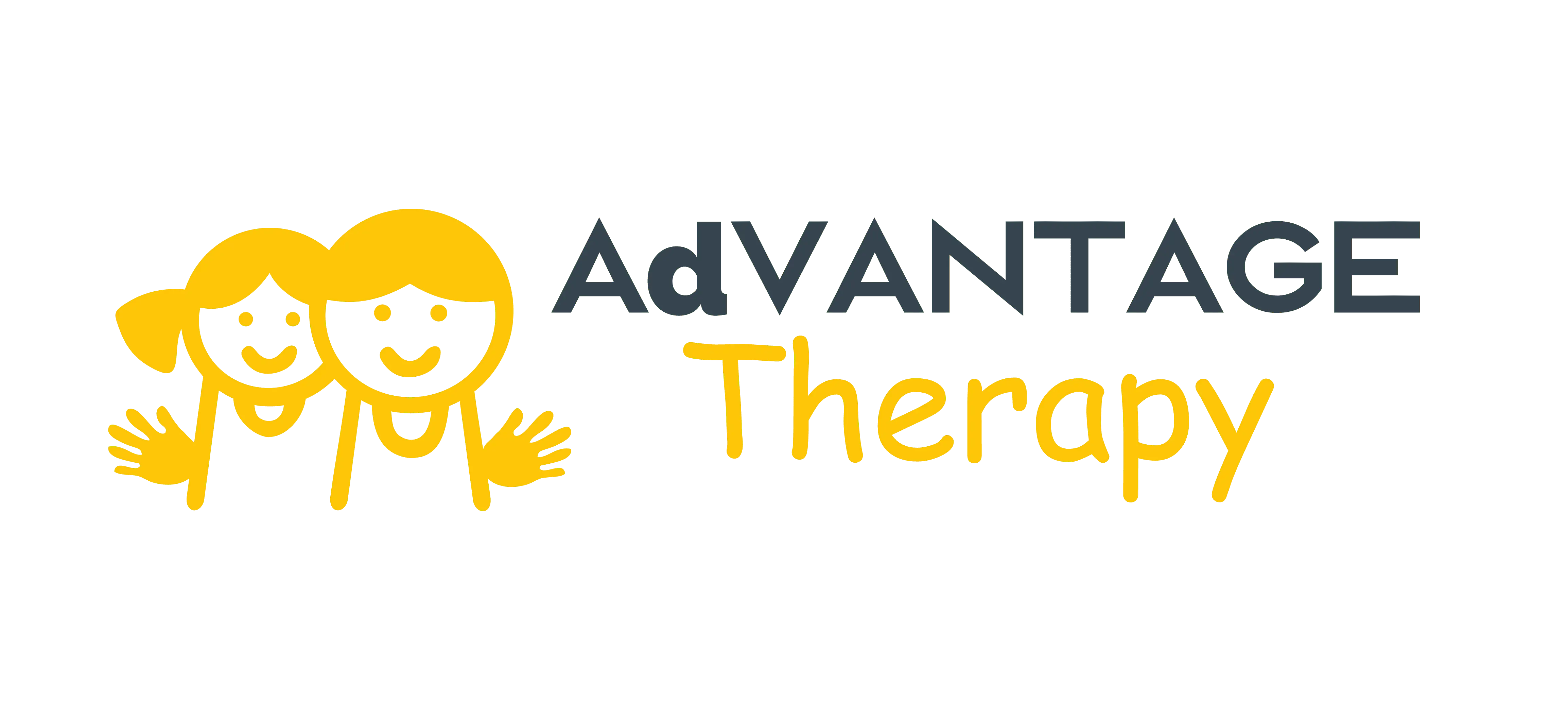Traumatic Brain Injury (TBI) & Speech Therapy: The Path to Recovery
Traumatic Brain Injury (TBI) can occur due to falls, car accidents, sports injuries, or physical assaults. It affects individuals differently, leading to cognitive, emotional, and speech-related difficulties. Since TBI symptoms vary in severity, proper treatment is essential for effective recovery.
For many adults recovering from TBI, speech therapy plays a critical role in regaining communication skills, improving cognitive function, and enhancing memory. If you or a loved one is navigating the challenges of TBI, understanding the right therapy options can make all the difference.
What is Traumatic Brain Injury (TBI)?
TBI occurs when an external force injures the brain, leading to swelling, bleeding, or tissue damage. Because the brain controls essential functions like movement, speech, and emotions, any injury can result in severe disruptions to daily life.
Types of Traumatic Brain Injury
- Open Head Injury – When the skull is fractured or penetrated (e.g., in car accidents).
- Closed Head Injury – When the brain suffers impact without visible skull damage (e.g., from falls or sports injuries).
Since both types of TBI can cause life-altering challenges, early diagnosis and rehabilitation therapy are crucial for recovery.
Signs & Symptoms of TBI
TBI symptoms vary based on the affected brain region. Common signs include:
✅ Headaches & dizziness
✅ Blurred vision & sensitivity to light
✅ Fatigue & difficulty concentrating
✅ Memory problems & confusion
✅ Mood swings, anxiety, or depression
Recognizing these signs early can help patients get the right support and therapy to regain independence.
How is TBI Diagnosed?
Since TBI symptoms may appear gradually, seeking medical attention is essential. Diagnosis involves:
Medical History & Exam – Checking for trauma symptoms.
CT Scan & MRI – Identifying brain swelling or damage.
Glasgow Coma Scale (GCS) – Assessing severity:
- 3-8: Severe TBI (coma/unconsciousness)
- 9-12: Moderate TBI
- 13-15: Mild TBI (concussion)
Once diagnosed, rehabilitation therapy, including speech therapy, plays a vital role in recovery.
Therapies for TBI Recovery
Since TBI affects different brain functions, a combination of therapies is often required to help individuals regain independence:
Physical Therapy
✔ Restores muscle strength, movement, and coordination.
✔ Helps improve mobility, balance, and flexibility.
Occupational Therapy
✔ Helps patients relearn daily activities like dressing and cooking.
✔ Assists with using adaptive tools for better independence.
Speech Therapy (Essential for TBI Patients)
✔ Restores communication skills, including speech clarity and word retrieval.
✔ Enhances cognitive functions like memory, problem-solving, and comprehension.
✔ Provides alternative communication methods (e.g., sign language, visual aids).
Among these, speech therapy is crucial for helping TBI patients rebuild their ability to express themselves, process language, and engage in daily interactions.
Read about Speech Therapy for Kids
How Speech Therapy Helps TBI Patients
Speech therapy focuses on improving communication and cognitive-linguistic skills to support recovery. Key goals include:
- Enhancing Speech & Language Skills – Helps patients regain clear pronunciation and fluent speech.
- Strengthening Memory & Problem-Solving – Cognitive exercises improve thinking, recall, and organization.
- Developing Adaptive Communication Strategies – Use of technology (speech-generating devices) and visual aids.
- Supporting Social & Emotional Well-Being – Boosts confidence and helps patients engage in conversations.
TBI recovery is a journey, and having the right support system makes all the difference.
Regain Independence with Advantage Therapy
At Advantage Therapy, we understand the challenges TBI patients face and provide specialized speech therapy to help rebuild communication, memory, and cognitive skills. Our expert speech therapists and occupational therapists create personalized treatment plans to support your recovery every step of the way.
📍 Serving Norwest, NSW & surrounding areas
📞 Contact us today to start your journey toward independence and a better quality of life!
Your recovery starts now—let us help you regain your voice and confidence.



